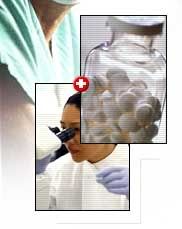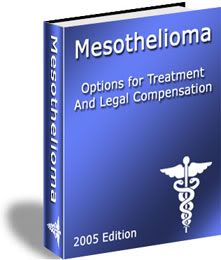Histone deacetylase inhibitors in mesothelioma.
Title
Potential role of histone deacetylase inhibitors in mesothelioma: clinical experience with suberoylanilide hydroxamic acid.
Source
Clinical Lung Cancer. 7(4):257-61, 2006 Jan.
BACKGROUND:
Histone deacetylase inhibitors are a novel class of therapeutic agents that inhibit deacetylate histones and other proteins involved in the regulation of gene expression and cell cycle progression. Phase I trials of intravenous and oral formulations of one such agent, vorinostat (suberoylanilide hydroxamic acid [SAHA]), have shown that it is safe and tolerable, that it inhibits histone deacetylation in peripheral blood mononuclear cells, and that it has a broad range of antitumor activity.
PATIENTS AND METHODS:
Thirteen patients with mesothelioma were included in a phase I trial of oral SAHA. All but one had previously been treated with chemotherapy.
RESULTS:
Four patients completed more than or at least 6 cycles of therapy; 2 patients demonstrated a partial response. The toxicities in this cohort of patients were similar to those observed in the entire phase I trial: primarily fatigue, dehydration, nausea, and vomiting.
CONCLUSION:
Given the dearth of treatment options for patients with advanced mesothelioma who have progressed after first-line chemotherapy, these results are encouraging. A placebo-controlled, randomized phase III study of oral SAHA is now open for patients with mesothelioma in whom treatment with pemetrexed has failed.




0 Comments:
Post a Comment
<< Home